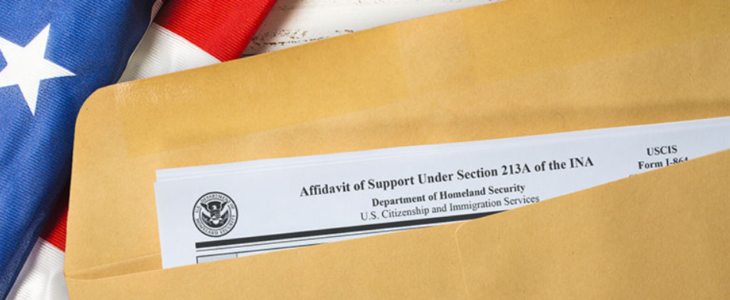Zepeda Law Firm, PLLC
Our law firm is founded on the principle that immigrants are an integral part of our community. Our passion and goals are to assist and provide legal representation to our clients in a complex immigration system.
Our expertise is focused on business investments, start-up companies, employment-based immigration, family-based immigration, non-immigrant visas, humanitarian and diversity visas, citizenship, and waivers, among other immigration pathways. Our goal is to help immigrants achieve the American dream, unite families, and help companies grow.

How Our Attorneys and Staff
Stand Out From Others
Our team has a special passion for what we do because each of us are either an immigrant, first generation, or have family members who have been through the immigration process. For this reason, we dedicate ourselves to helping businesses and families achieve the American dream by applying our experience and care to our clients.
The Zepeda Law Firm represents clients across the globe and has offices located in Fort Worth and Southlake, Texas. We offer different methods of consultations with the attorneys such as, phone calls, in person, and even zoom. If you have any questions or would like to make an appointment with the attorneys, the first phone consultation is free! Feel free to contact us now.

Our firm also offers bilingual representation from our entire team. We offer translations in Spanish, Nepalese, and Hindi.
Our firm has developed relationships with local CPAs to assist clients in their tax liabilities and business start-ups; psychology experts to assist with waivers, humanitarian cases, and asylum; and local attorneys that specialize in family law, criminal law, and business law to assist us in formulating strategies to better suit our client’s immigration process.
Family Immigration
Our law firm specializes in uniting families from all around the world and we make it our priority to help and guide our clients in what can be an overwhelming and emotional process. We can assist you with petitions for your family members, strategizing a plan for unification, preparing paperwork, prepping and attending interviews, and ultimately, citizenship.
To be eligible to apply for a a family-immigrant visa, a foreign citizen must be sponsored by family members under one of the two categories of family immigrant visas.
The two groups of family-based immigrant visa categories provided under the provisions of the United States immigration law are: immediate relatives and family preference.

Humanitarian Visa Matters
Our world is constantly seeing much strife and difficulty. The United States offers avenues to seek refuge or entry into the United States through humanitarian type visas. We can assist you with humanitarian visas, Visa U, VAWA (Violence Against Women’s Act), affirmative asylum, diversity visas, and deferred action programs such as TPS, DACA, and parole programs such as Parole in Place, Advance Parole, and Parole for those from Cuba, Haiti, Nicaraguans, and Venezuelans.

Our Clients
“Excellent Lawyer. Ms. Zepeda was able to assist me with a case that I had been dealing with for a long time. She was very knowledgeable with all the laws and understanding of our special case. I have recommended her to my collogues. If I had another opportunity to use her services, I would gladly do so. She was not only able to help me but also helped other members of my family.”
— Francis
“Very responsive and attentive, knowledgeable and professional, honest and trustworthy. Ms. Yadira Zepeda handled my case with flawless precision. She attended to every detail personally, and she was very thorough and seemed to have a comprehensive knowledge of the law and how to apply it in order to help me with my case. She handled every detail of my case, while continuously keeping me up to date on the status of my case.”
— Naun
Honest, Reliable and Amazing to work with! Yadira is wonderful. She helped me with obtaining my U.S. residency and was great throughout the entire process. She truly cares about her clients and always has their best interest in mind. Highly recommend her!”
— Eren
















